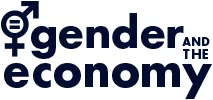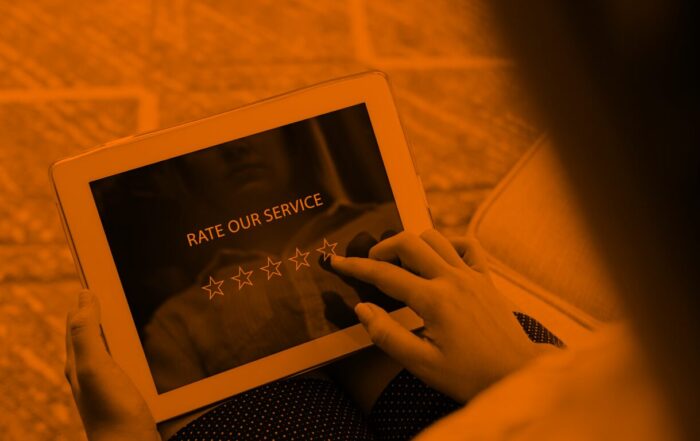Summary
Why does sexual harassment at work often go unreported? This experimental study demonstrates that women are penalized in terms of advancement opportunities when they self-report sexual harassment. Specifically, they are perceived as having insufficient social skills, morality, and warmth, which in turn affects their likelihood of promotion. However, if a coworker reports a woman’s sexual harassment, the woman’s advancement opportunities are not significantly affected. This finding suggests that bystander support means that victims don’t have to manage sexual harassment alone or jeopardize their professional advancement by reporting it. This study also found that bias against women who self-report sexual harassment reduced after the #MeToo movement started, which may suggest that activism can change gender biases and stereotyping.
Bystander support means that victims don’t have to manage sexual harassment alone or jeopardize their professional advancement by reporting it.
Research
This study investigates what may deter women from reporting sexual harassment at work. Prior research has shown that there are common myths about women who report sexual harassment, including that women are fabricating their claims, that they have ulterior motives (e.g. to gain attention or money), that sexual attention is normal or flattering, and that it is the responsibility of the victim to stop harassment. These myths suggest that women who report sexual harassment are violating social norms. Therefore, the author of this study hypothesized that a woman who reports her sexual harassment at work will face normative discrimination: people would perceive her as having poor social and interpersonal qualities, which would then affect her advancement opportunities. On the other hand, having a coworker report the sexual harassment would not have the same effect, because the coworker would dispel the notion that the woman is lying or that the situation is not serious.
This study consisted of survey experiments with 924 U.S. residents over the age of 18, recruited through Amazon Mechanical Turk. Participants were 50% men, 49.5% women, and 0.5% other genders. Five experiments took place in late 2017 and early 2018, unintentionally coinciding with the beginning of the #MeToo movement. The survey asked participants to imagine they were a manager considering the promotion of a fictional employee named Sarah Carter, and showed them a performance review. The review included one of the four randomly assigned conditions:
- Sarah experienced nonsexual harassment and reported it herself
- Sarah experienced nonsexual harassment and a coworker reported it
- Sarah experienced sexual harassment and reported it herself
- Sarah experienced sexual harassment and a coworker reported it
Other than these conditions, the performance reviews were identical. This allowed the author to control for the effect of sexual harassment compared to other types of harassment, as well as the effect of a coworker reporting versus self-reporting. The survey then asked participants to rate their likelihood of promoting Sarah Carter, and to rate her on various traits like competence, morality, warmth, and social skills.
Findings
The employee who self-reported sexual harassment faced a significant penalty in terms of promotion opportunity: receiving the lowest likelihood of promotion. On the other hand, the employee whose coworker reported her sexual harassment did not receive a significant penalty. The gender of survey participants did not change this outcome: women were just as likely as men to penalize the employee who self-reported sexual harassment.
The survey participants also viewed the self-reporting employee as significantly less moral, warm, and socially skilled than the employee whose coworker reported her sexual harassment, which mediated the penalty in promotion opportunity. In other words, participants perceived that the self-reporting employee was violating norms of how women should act, which in turn made them less likely to promote her. The author found that the employee’s perceived morality accounted for 40% of the effect on her promotion likelihood; her perceived warmth accounted for 83% of the effect; and her perceived social skills accounted for 90% of the effect. However, survey participants did not view the employee who self-reported sexual harassment as significantly less competent at her job.
Participants perceived that the self-reporting employee was violating norms of how women should act, which in turn made them less likely to promote her.
Notably, although participants exhibited bias against women who self-report sexual harassment at the beginning of the #MeToo movement (October, November, and December 2017), this bias declined over time: the study’s last experiments in January and February 2018 showed no bias. While it cannot be determined whether the #MeToo movement was the cause of the decline, this result may suggest that activism and awareness can affect perceptions of women who self-report sexual harassment.
Implications
- Employees should be encouraged to report harassment directed at their colleagues—This study suggests that women who experience sexual harassment face a double bind at work: if they self-report, they will be subject to bias that affects their advancement; if they do not, they have to experience their situation alone. However, if coworkers report women’s sexual harassment, women are not penalized. While this suggests that peer support can help women report without career repercussions, it does not change that women are penalized for speaking out on their own.
- Organizations can increase awareness to transform bias against women who self-report sexual harassment—Although it is uncertain whether the rise of the #MeToo movement caused a reduction in bias over the five months of the study, it is possible that raised awareness and the media attention on the issue helped change people’s perceptions of women who self-report sexual harassment. This suggests that social activism and organizational awareness can have an important effect on gender bias and stereotyping.
- Clearer guidelines and tools should be created for bystanders to report sexual harassment—Many employees are unsure of who they should report inappropriate behaviour to, how to do so, and what details should be included in the report. Therefore, organizations should develop effective reporting tools, such as anonymous tip lines, and introduce specific reporting guidelines that detail what information should be reported so that an investigation can be conducted.
- Employee evaluations and promotions should be checked for bias against employees who self-report harassment—This study found that employees who self-report harassment often face significant penalties in terms of promotion opportunities due to the bias held against them by their fellow employees. In order to mitigate this penalty, those in charge of employee evaluations and promotions should be aware of this potential bias, and ensure any evaluations are based solely on job-related criteria like skill levels and achievements.
Title
The Penalties for Self-Reporting Sexual Harassment
Author
Chloe Grace Hart
Source
Gender & Society
Published
2019
DOI
Link
https://journals.sagepub.com/doi/10.1177/0891243219842147







